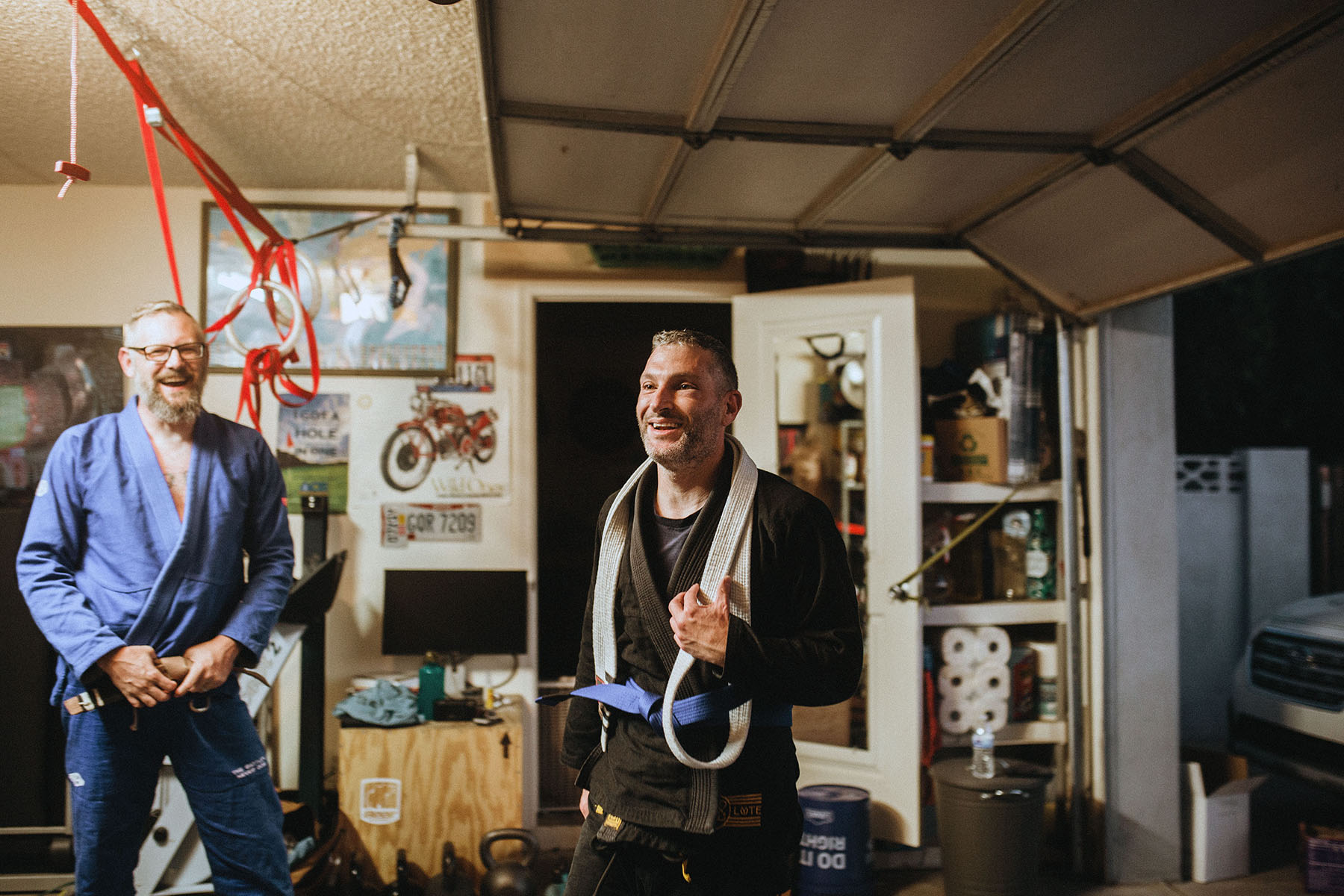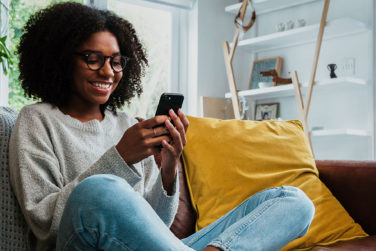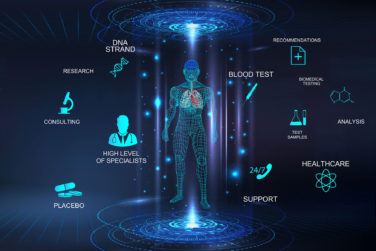PM360 recently spoke to Craig Mattes, General Manager at Fingerpaint, about the mental and physical benefits of Brazilian Jiu-Jitsu.
PM360: Why did you first get started with Jiu-Jitsu?
Craig Mattes: A few years ago, I had to have back surgery to relieve a bulging disc. My surgeon had to have a tough conversation with me about limiting my activity, which was hard to hear as I have always loved weightlifting, snowboarding, hiking, and more. At the same time, a colleague I respected described how Brazilian Jiu-Jitsu (BJJ) helped him focus and problem solve. His passion for the art of Jiu-Jitsu and the benefits he described got me researching and interested in possibly pursuing this as a new form of training. It was part act of defiance and part curiosity that drove me to my first Jiu-Jitsu class in 2018. It was super intimidating, wildly exhilarating, and instantly something I knew I was going to keep doing.
What belt are you?
I am a blue belt, but how I got it is somewhat unconventional. A few months after COVID hit, a few of us training partners would get together for socially distanced coffee and breakfast. We all acknowledged how the lack of training was affecting our mental health and developed a way for us to continue, while also keeping everyone safe. This group included me and one other white belt, along with three others ranked purple or above! It was grueling training with strong BJJ players. Eventually, this group awarded me my blue belt. As you can imagine, to earn that rank from people who you genuinely love and respect, and who you’ve formed a unique bond with, held extra meaning.
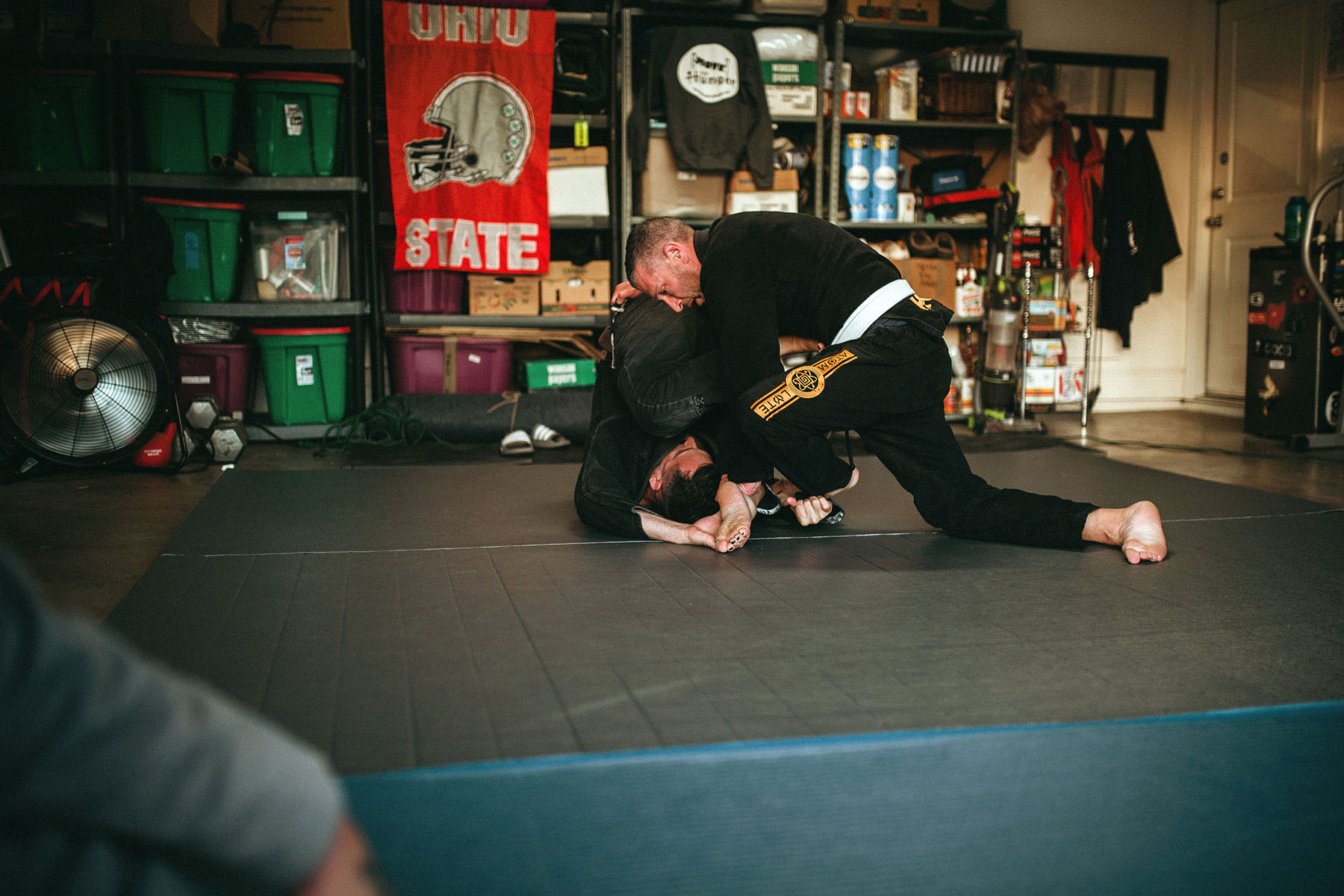
What are some of the techniques you have been trained to do?
My crew helped me identify the style that works best for my body type. I’m on the smaller side, so I’ve enjoyed playing on the skill of controlling my opponent from the bottom rather than trying to hold them down from a top position. I made it my mission to learn strong “framing,” which is a defensive posture that makes it hard for an opponent to submit. Having a strong defense and framing has given me time to breathe, so that I can think (quickly) through what sweep I’m going to use to improve my position or if there’s an option available to me from a submission standpoint.
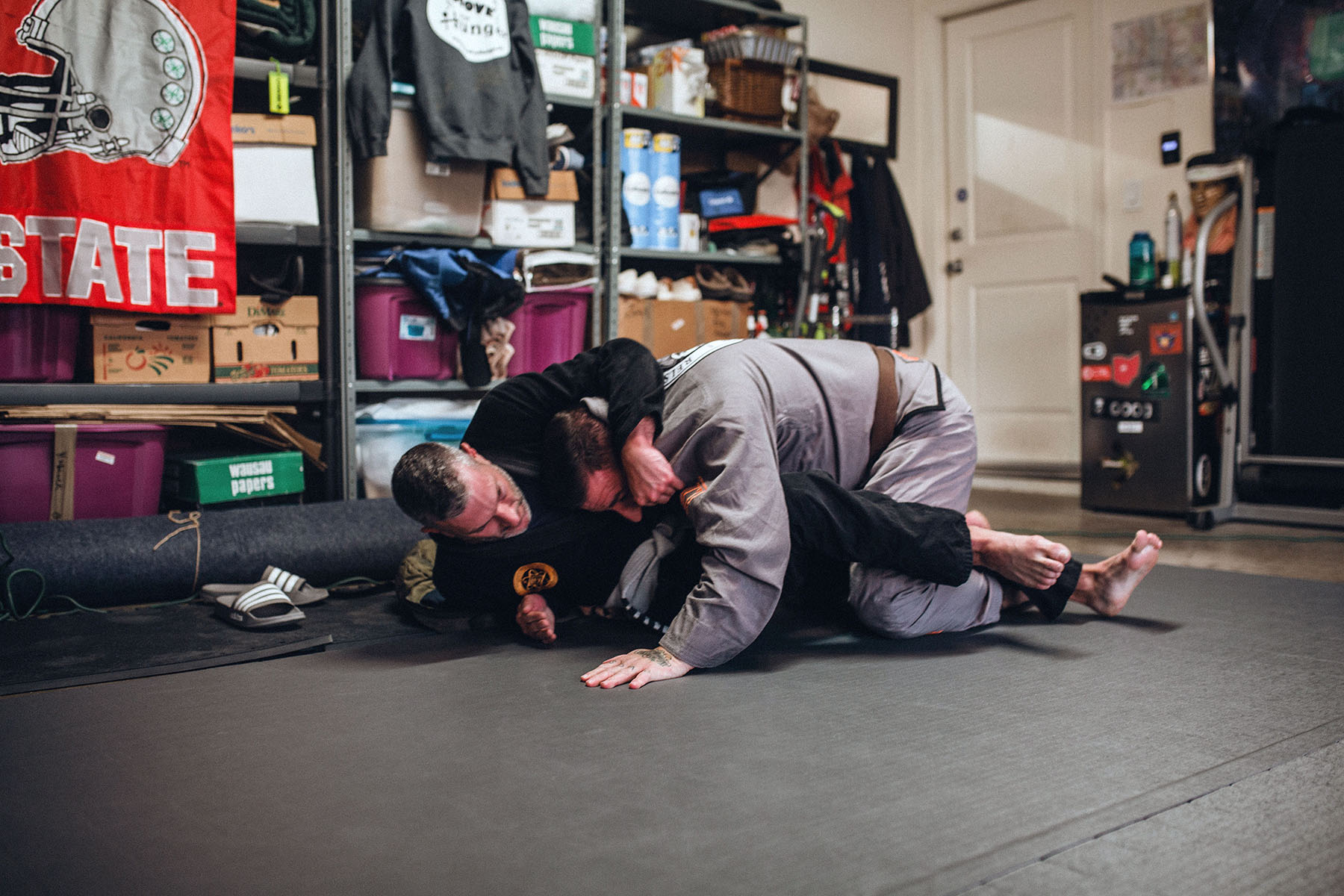
Do you have any goals for what you would like to accomplish with your BJJ training?
The lifelong brotherhood I’ve gained with my training partners is more than I ever hoped to accomplish within BJJ. Beyond that, I’ve learned so much about myself through training and am looking forward to continuing the process of exploring how my mind works in high-pressure situations. Having my training partners simply remind me to breathe when I’m in trouble is a principle that can be applied to any challenge. BJJ benefits my brain and my body (despite the broken fingers and bruises) in great ways, and I look forward to seeing where it takes me.


